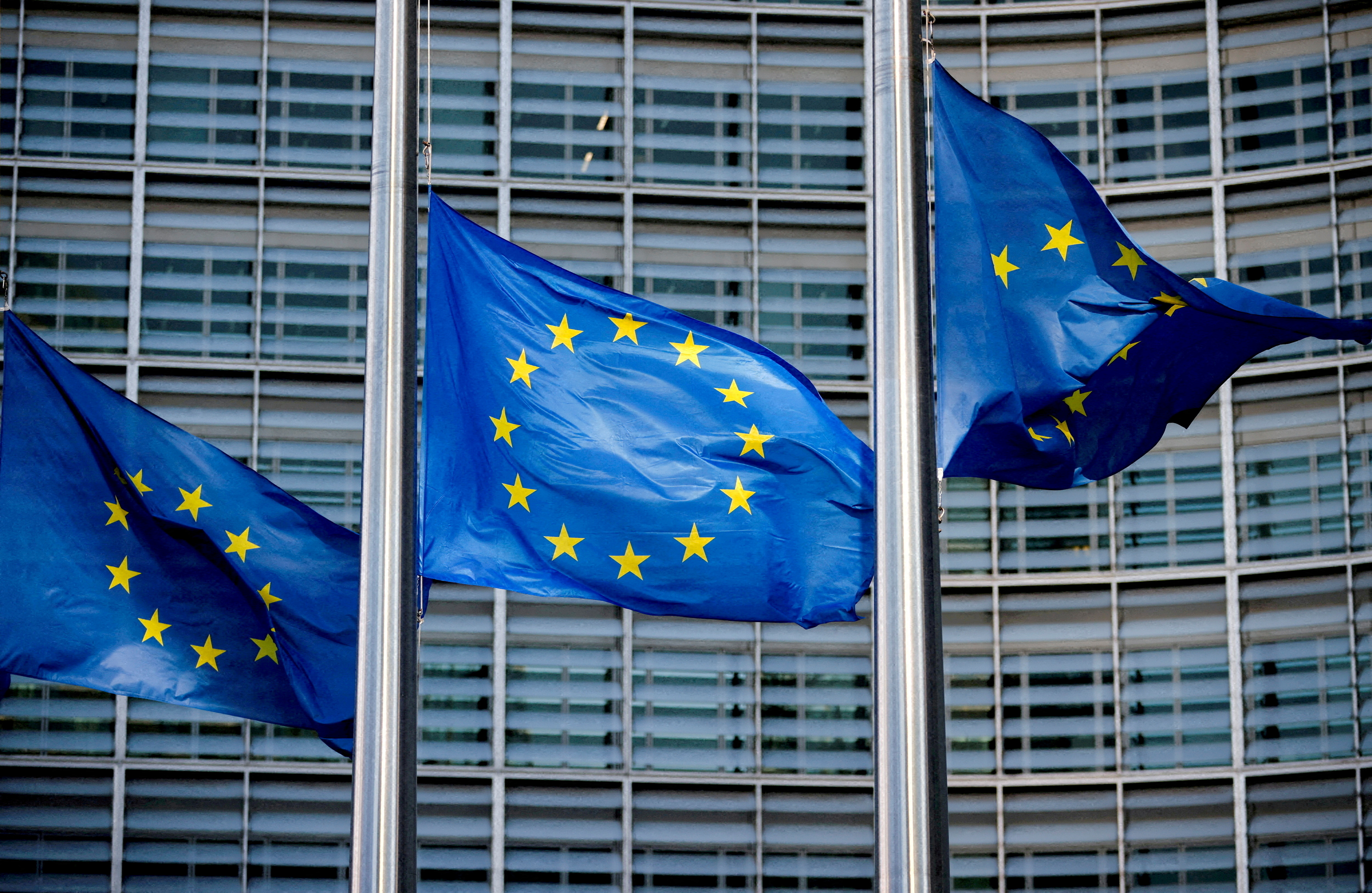
The European Commission has launched a new EU Sanctions Helpdesk aimed at assisting small and medium-sized enterprises (SMEs) in navigating the complex landscape of sanctions compliance. According to the commission, this initiative seeks to reduce the risk of non-compliance, helping businesses avoid potential financial and legal repercussions. The helpdesk, designed as a one-stop-shop, will provide a range of services at no cost to SMEs.
Among its offerings are personalised support for sanctions due diligence checks, access to a dedicated website with sanctions-related information, country-specific guidance, event details, and best practices. The initiative is set to cover all United Nations (UN) and European Union (EU) restrictive measures, ensuring that SMEs receive comprehensive and up-to-date guidance. Supporting SMEs in a complex regulatory environment The commission noted that it has implemented more than 40 sanctions regimes worldwide, causing EU businesses to face increasing compliance challenges.

SMEs, in particular, often lack the necessary resources to navigate these restrictions effectively. By offering tailored guidance and compliance assistance, the helpdesk aims to prevent SMEs from losing legitimate business opportunities due to uncertainties surrounding the legality of transactions. While the helpdesk is primarily focused on SMEs, larger companies may also benefit in certain cases.
However, the core objective remains to bridge the resource gap for smaller enterprises, which typically have fewer compliance resources than multinational corporations. “The EU has over 40 sanctions regimes globally to prevent conflict or respond to current or emerging crises,” said Maria Luís Albuquerque, Commissioner for Financial Services and the Savings and Investments Union. “The growing use of sanctions can make the activities of our SMEs more complex,” she continued.
“That’s why we are launching the EU Sanctions Helpdesk.” Moreover, Albuquerque explained that “through its resources, events and, especially, its Compliance Support Service, this one-stop-shop will help SMEs understand how to comply with sanctions and assist those SMEs that find it challenging to perform due diligence independently”. “This is what our SMEs deserve – they are the engine of the EU economy, and the Commission will always do everything in its power to support their vital work,” she added.
Collaboration and outreach efforts The commission also mentioned that the helpdesk will work closely with public authorities, business support stakeholders, financial institutions, and international sanctions and compliance organisations. In the case of Cyprus, this would include the Cyprus Securities and Exchange Commission (CySEC), and the Central Bank of Cyprus (CBC). These partnerships, the commission noted, will facilitate joint outreach and awareness-raising activities, including hosting and attending industry events and delivering training sessions.
“EU restrictive measures (sanctions) are an essential tool in the EU’s common foreign and security policy,” the commission said. “The EU now has over 40 sanctions regimes globally containing a wide range of restrictive measures, from targeted individual measures (e.g.
asset freezes) to more comprehensive sectoral approaches (targeting finance, trade, energy, etc.),” it added. It also stressed that “with increasing worldwide tensions, EU restrictive measures are expanding at a more rapid pace”.
“This complexity can generate risk aversion, which in some instances may lead to de-risking practices,” the commission explained. “As a result, compliance needs are soaring,” it mentioned. “The EU Sanctions Helpdesk aims to build compliance practices while combatting over-compliance, build confidence for financial and business partners and reduce compliance costs,” the commission concluded.
.











